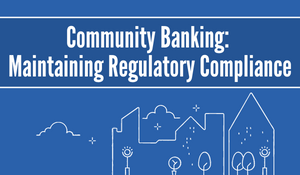Smart devices have seamlessly integrated themselves into nearly every aspect of modern life, revolutionizing how we communicate, work, and interact with the world around us. From smartphones and wearable fitness trackers to appliances and smart speakers, these devices offer convenience, connectivity, and functionality like never before. However, their rapid evolution and constant innovation have shortened replacement cycles or created new ones as consumers eagerly upgrade to the latest devices with promises of enhanced performance and new functionalities. The integration of these smart devices, or Internet of Things, is expected to grow from 15.1 billion in 2020 to more than 29 billion devices in 2030. This leaves a lot of devices that are no longer wanted and in need of disposal.
Topics: Internet of Things (IoT), Security, Regulatory Compliance, Data
Cybercrime encompasses a wide range of illicit activities performed through digital channels, including data breaches, phishing attacks, ransomware, and financial fraud. These threats pose significant risks to community banks, threatening the security of customer data, financial assets, and the trust of the communities they serve.
Topics: cyber resiliency, Security, cybersecurity, Community Banking, Regulatory Compliance, Zero Trust, Employee Training, Cyberattacks
FTC Adds Financial Institutions to Safeguard Rules
The U.S. Federal Trade Commission (FTC)—a bipartisan federal agency that champions the interests of American consumers—has added certain businesses to the Safeguards Rule, which was designed by the FTC to protect customer information from being shared inappropriately as required by the Gramm-Leach-Bliley Act that has been in force since 1999.
Topics: Regulatory Compliance, FTC, Safeguard Rule
Community Banking: Maintaining Regulatory Compliance
Community bank spending on regulatory compliance continues to increase with the ever-growing number of regulations imposed on the financial service sector. This situation creates a significant challenge, requiring you to constantly evaluate and improve your operations — and not just to keep up with regulations, but also to satisfy rapidly changing consumer expectations.
Topics: Compliance, Community Banking, Regulations, Regulatory Compliance





